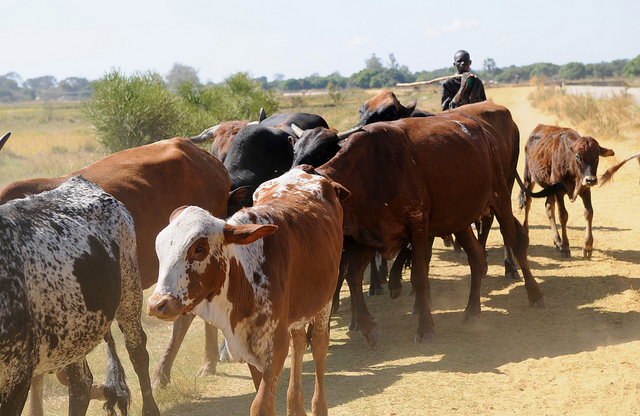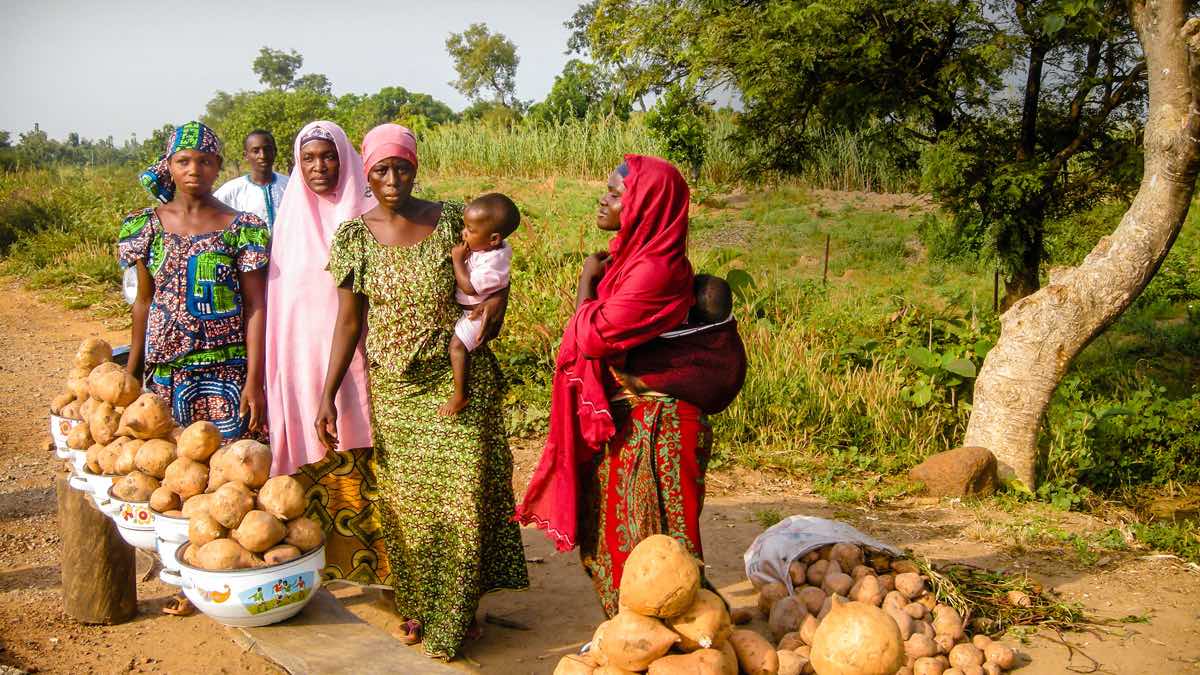This blog story by Eva Donelli was originally posted on the Devex Development News site.
The agricultural sector’s growth has lagged behind national economic growth in Africa, according to an International Food Policy Research Institute study. Given that most poor people are dependent on farming, this slow growth is an obstacle to regional poverty reduction, the study finds, and African policymakers should include an emphasis on agricultural growth.
“The underperforming agricultural sector in Africa is not just delaying economic transformation, but is also contributing to higher poverty rates,” Ousmane Badiane, IFPRI’s Africa director, told a recent Brussels conference.
Speaking at a Brussels Development Briefing titled “Drivers of Success for Agricultural Transformation in Africa,” hosted by the European Commission, Badiane explained how “negative diversification moved labor from underperforming higher productivity agriculture into the oversized lower production service sector,” and how the lack of an effective industrialization policy has “impeded growth in the manufacturing sector and forced specialization in low-value primary goods.”
“What we face now is a double challenge,” Badiane asserted, “as managing the growth process concerns raising productivity in agriculture and in the rural economy, while diversifying into higher value goods outside of agriculture.”
On the sidelines of the conference, Badiane shared his views with Devex on the potential of agriculture in Africa as an engine for growth and stressed the importance of foreign investments in the sector.
Here are some excerpts of our conversation with Badiane:
What role can agriculture play in Africa’s economic transformation?
Agricultural growth doesn’t only benefit the people in rural areas and the farmers, it also benefits the rest of the economy. It creates the conditions for other sectors of the economy, such as industry and the manufacturing sector, to have a market to sell to. Most of the industrial and manufacturing plants … produce household goods that are consumed locally — candles, sandals, bicycles, baskets. Those products aren’t produced for the export market, they’re produced for the domestic market.
In developing countries, the money that goes into the pockets of consumers comes primarily from agriculture. … If there’s no market to sell those goods, the industrial sector doesn’t produce them. If agriculture doesn’t create the demand for the industrial sector to grow, the sector won’t develop the “wings” to fly and won’t be able to sell abroad.
Agriculture stimulates other sectors, not just in terms of demand, but also concerning the raw materials. It creates the taxable base for the government to invest in education, health and infrastructure. Basically, agriculture is the “cow” that has to feed the family in the early decades of economic development.







